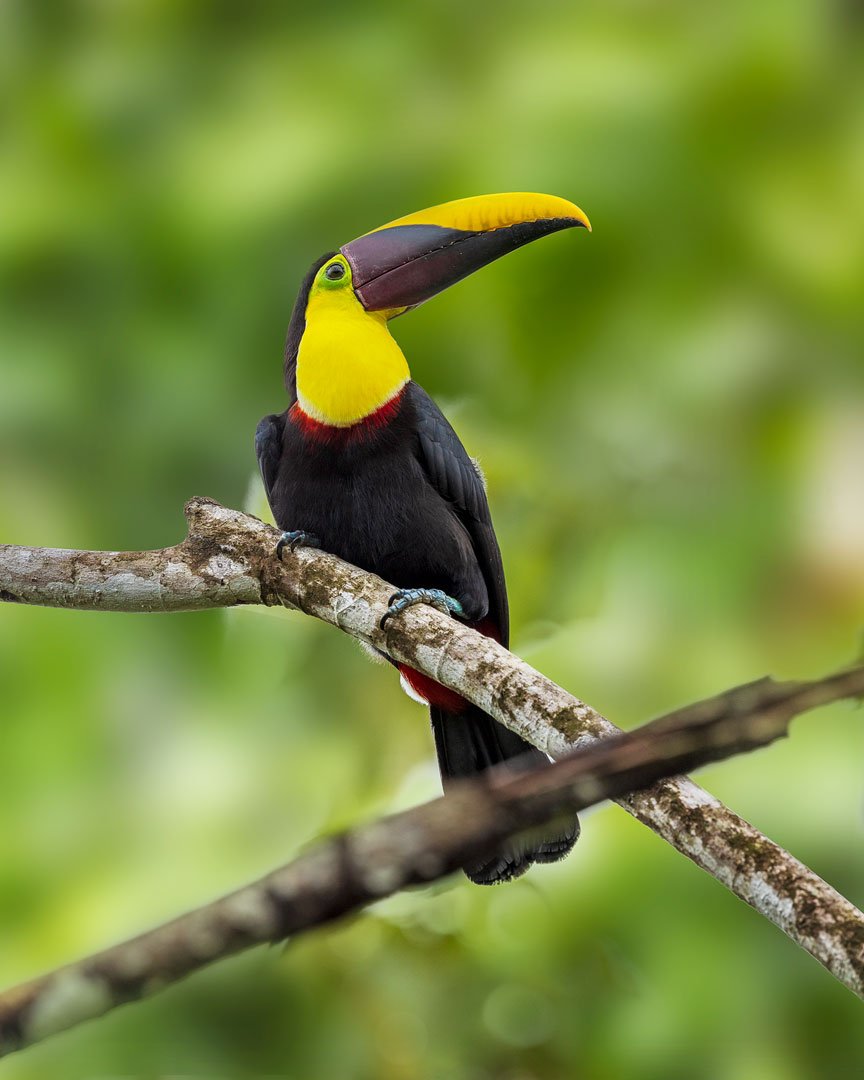Ecotourism is a broad category of tourism that focuses on natural environments and typically supports conservation efforts. If you think that sounds fairly dull or too academic, think again. Often ecotours seek sightings of specific wildlife, and sometimes they require travel to the most remote places on the planet. Some may mean roughing it in the bush, while others pamper you with Michelin-starred cuisine and luxurious accommodations. Some ecotours are open to large groups — cruises to Antarctica, for example — while others are exclusive to just a few people. Ecotours can be inexpensive day trips or very pricey and lengthy excursions — or anything in between. Whether it’s an African safari or a visit to the polar regions, one thing is for sure: ecotours are some of the most thrilling and memorable trips you’ll ever take. Here are 10 reasons to book one:
1) Animals roam free. It’s the opposite of visiting a zoo: you get to go in a secure place while observing animals in their natural habitat. On most African safaris, a few guests will be driven in open vehicles to different locations where animals could be. A tracker and ranger work together to locate the animals — they could be in many different places at any time — and part of the fun is finding them. Other ecotours may have you enter a “blind” which is a shed or similar structure that has been built into the natural environment to allow observation with minimal disturbance to the animals. Underwater dive trips typically put divers or snorkelers in open water with wildlife, or in some instances in a cage to safely observe sharks. On many trips, proximity to the animals is astonishingly close and photo opportunities are plentiful.
2) Avoid the crowds and selfie sticks. If you’ve been to Paris or New York in the last ten years you know there’s almost no such thing as low season. Tourists are everywhere, museum queues are endless, attractions are over-crowded, and Instagram is saturated with the same selfie a million times over. Ecotourism usually limits the human impact on a place by restricting the number of people who can visit. Sometimes this is achieved by a lottery, by limited spots, or by prohibitive cost.






